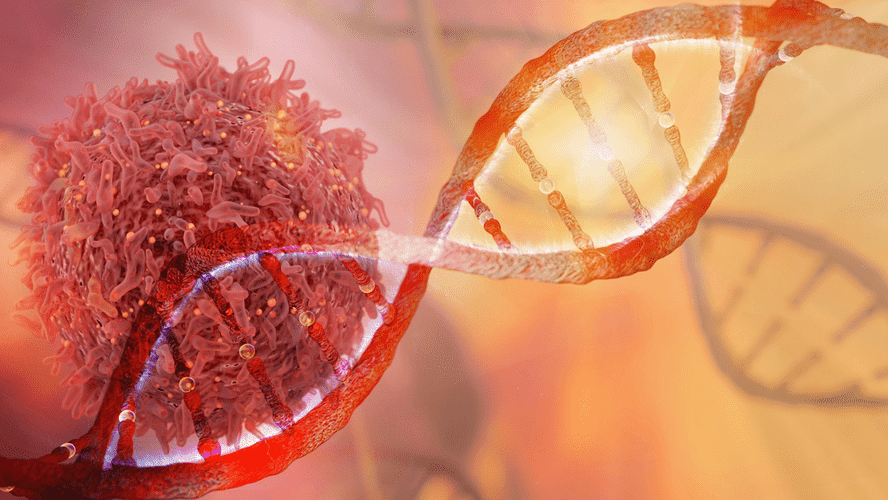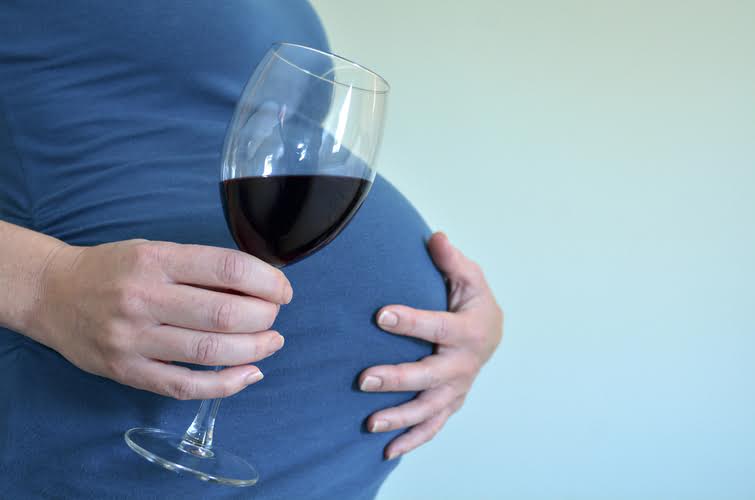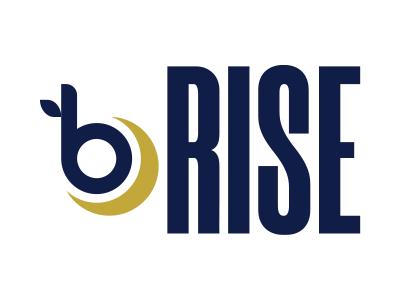Dual-diagnosis treatments are used alongside modern psychiatric medicine to help people with co-occurring disorders learn new ways of coping with life. At high-quality dual diagnosis treatment centers, patients are able to work with therapists who understand the relationship between both substance abuse and their underlying secondary mental health disorders. Additional large clinical trials with sample sizes that can account for gender differences as well as veteran/civilian status are needed. It is noteworthy that the studies involving a medication with a robust behavioral platform seem to have had the best results.
One theory is that individuals with PTSD use alcohol and other substances to numb their symptoms and later develop AUD or SUD. Patients satisfying either alcohol abuse and/or alcohol dependence criteria are together defined as having an alcohol use disorder. For elucidation of drinking pattern, we also used the Alcohol Use Disorder Identification Test (AUDIT) [43].
How Can Anger After a Trauma Become a Problem?
Glutamate is the most abundant excitatory neurotransmitter while GABA is the main inhibitory neurotransmitter. They work synergistically and are important in regulating the overall level of excitation, as well as in learning and in memory (Davis and Myers 2002). These processes are important for memory consolidation, fear learning, and involuntary activation of reward circuits in response to cues and in craving (Kalivas and O’Brien 2007). Several brain regions are thought to be particularly relevant for these processes and include the hippocampus, the site of memory formation, the amygdala and the prefrontal cortex.

A person with PTSD may retaliate if their current surroundings trigger memories of a traumatic event. Fear, worry, and stress are brought on by the brain’s reaction, which makes it seem like the individual is still in the past. Like other forms of memory loss, alcohol blackouts pose serious risks, including physical injuries, legal problems, and damaged relationships. If you frequently experience blackouts or loss of memory from alcohol abuse, you may be struggling with addiction. There are many effective treatment options available to help individuals overcome their alcohol or drug dependency and co-occurring mental health conditions.
Neuroimmune parameters in trauma exposure and PTSD
For those who have a problem with drinking alcohol or drug abuse, the treatment for this will be similar, although it may require more clinical and intensive care to successfully recover from these problems. Binge drinking rates tend to be higher among those who suffer from PTSD compared to the general population. Two separate studies examined the effects of the 9/11 attacks and Hurricanes Katrina and Rita on binge drinking rates among those exposed to these events. They may also begin mixing alcohol with other substances to enhance its effects, which can have several risk factors for both their physical and mental well-being. Overall, there are some signs that can be looked out for when trying to determine if someone may be abusing alcohol. If you recognize any of these behaviors in yourself or a loved one, it may be time to get professional help.

If you experience a partial blackout, visual or verbal cues may help you remember forgotten events. Serum tryptophan and kynurenine levels were determined by high-performance liquid chromatography, using an ultraviolet absorption detector for kynurenine and a fluorescence detector for tryptophan on Agilent Infinity 1290 systems (Agilent Technologies, CA, USA). The ratio of kynurenine to tryptophan concentrations × 103 (KT ratio) was calculated and used as a measure of the tryptophan degradation index. Serum BDNF concentration was determined by enzyme-linked immunosorbent assay (ELISA), using a commercially available kit Human BDNF Quantikine ELISA kit (R&D Systems, Minneapolis, MN, USA) based on a sandwich enzyme immunoassay technique. Steps for analysis were followed according to the manufacturer’s instructions. To measure negative affect we used the Positive and Negative Affect Schedule – Negative Affect scale (PANAS-NA; Watson, Clark, & Tellegen, 1988).
What Causes Alcohol Blackouts?
The symptoms also must be unrelated to medication, substance use, or other illness. The information collected at the St. Louis location provided one of the first estimates of the prevalence of PTSD in the general population. Suffering from a post-traumatic stress disorder and drinking increases your risk for a blackout. A blackout occurs when you consume too much alcohol in a short period of time, which causes your blood alcohol levels to rise more rapidly. Co-occurring disorders can be fully treated at many addiction treatment centers. Post-traumatic stress disorder and alcohol treatment usually involve an alcohol detox, followed by therapy that helps patients learn to manage and overcome trauma without relying on alcohol to escape their symptoms.
- Findings for medications that were hypothesized to treat both disorders were also contradictory.
- Alcohol, however, decreases deep sleep, and if a person develops a tolerance, they may start to withdraw at night.
- When it comes to treating PTSD, the best approach for this is typically intensive therapies and possibly medications in more severe cases.
- Most studies provided a combination of interventions to treat both disorders.
- Even with cues, you’re unlikely to remember what happened during this time.
Addiction to alcohol and PTSD (Post-Traumatic Stress Disorder) are a tragically common pairing, especially among veterans. PTSD is a mental health condition occurring in people after they have experienced a major traumatic event. PTSD impacts 3.6 percent of adult Americans, approximately 5.2 million people.
Alcohol Blackouts Types, Causes, & Dangers
People who have PTSD may feel stressed or frightened, even when they are not in danger. However, neither of these studies found an advantage for sertraline over placebo for alcohol use outcomes. Interestingly the noradrenergic antidepressant desipramine was as effective as the serotonergic paroxetine for PTSD and desipramine had other advantages in alcohol use outcomes. Prazosin was effective in decreasing alcohol use in one study (Simpson et al. 2015) but not in the other larger trial (Petrakis et al. 2016); prazosin was not effective in treating PTSD symptoms in either study evaluating its efficacy. The neurokinin-1 receptor antagonist aprepitant had no effect on PTSD symptoms or alcohol craving (Kwako et al. 2015).
Women are also more likely to experience a number of deeply impactful traumatic events such as rape and sexual abuse and often turn to alcohol to cope. Some studies suggest that alcohol consumption can increase the likelihood of the development of PTSD in women, due to the increased likelihood of exposure of traumatic events that occurs as a result of alcohol abuse. We are not aware of other studies that have specifically investigated neuroimmune factors in PTSD in the can ptsd cause blackouts context of AUD, which precluded any comparisons to the literature. This cross-sectional study cannot imply a causal association between inflammation, trauma, and other clinical measures. The study sample was not selected for PTSD, and thus, a limited number of participants were available for subgroup analysis. Despite being allocated to distinct groups, women, hospital inpatients, and participants with refugee backgrounds (all women) were underrepresented in the sample.

